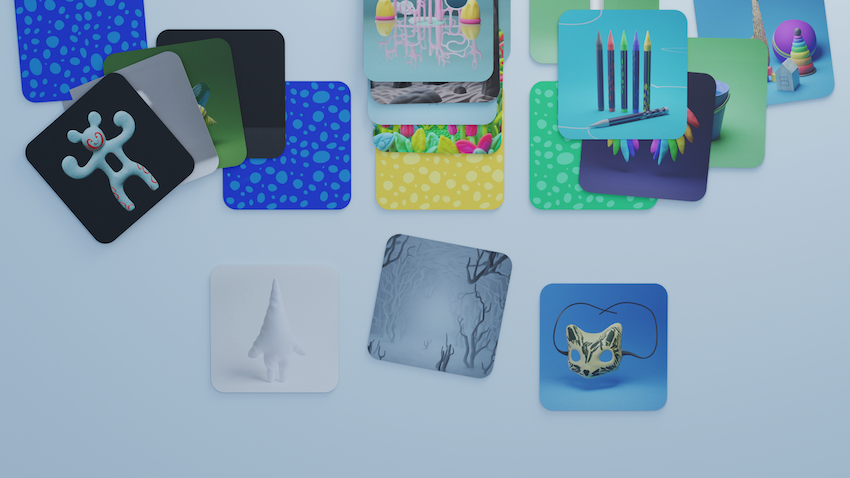Emotional reflection cards for children and families that help turn big feelings into playful conversations.
How it works and why it matters
Abstract images open space for interpretation
They don’t need to find the perfect word. They just need to point what feels familiar.
Research in early childhood education shows that symbolic play and metaphorical thinking support both self-awareness and emotional flexibility. The unrealistic creatures and unusual spaces on these cards aren't “right” or “wrong”. This makes it easier for kids to project what they feel, even if they don’t yet know how to name it.
Play takes pressure off
Talking becomes easier when it feels like a game.
When conversations feel serious or forced, children might shut down. But what if we are not talking serious stuff, what if we are just having fun? Play has been shown to reduce emotional resistance and strengthen relationships. These cards turn emotional conversations into co-created stories, where even tough topics feel safe to explore.
It’s not about them
Remember that storyline from the movies about the imaginary friend?
Once, a ghost stole a few candies from me. My niece saw him, she said she just couldn’t stop him but him running away...
She said the ghost was very sorry later...
Distancing helps to talk about more complex emotions.
Talking about a creature’s day allows it so children can process feelings safely.
In a playful way this is how they begin to build metacognition, the ability to observe their own emotions from a distance. Psychologists call this “the watcher” or “observer” role, and it’s key to emotional intelligence. Reflecting through a fictional character makes emotional insight feel less overwhelming.
Stories let us imagine other endings
We don’t just describe. We reflect and imagine what could happen differently.
These cards invite children to invent what might help their creature, imagine alternative outcomes, or notice which tools were missing at the time. Studies on narrative thinking show that storytelling helps children develop foresight, emotional flexibility, and perspective-taking. It’s not only about understanding what happened, but imagining what could be done differently next time.
Big changes build on small moments
Ten minutes a day can be enough to change how we listen to each other.
Small rituals of connection make a big difference. When emotional reflection becomes part of your routine, it strengthens bonds, builds trust, and supports emotional growth over time. These cards turn a few quiet minutes into a meaningful habit. Research on attachment parenting shows that repeated, predictable interactions (even brief ones) build long-term emotional trust and connection.
Find your set
Little Moments, Big Conversations – Starter Set
A fun set of cards to turn everyday moments into stories! Reflect on your feelings, experiences, and surroundings while boosting creativity and emotional intelligence. Simple, playful, and insightful.
Share

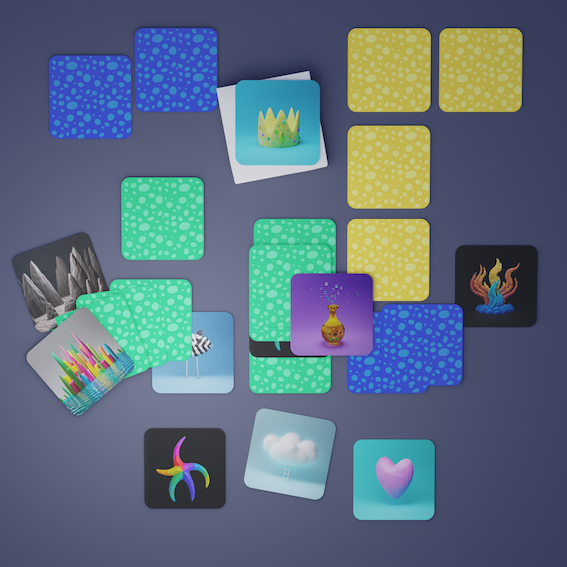
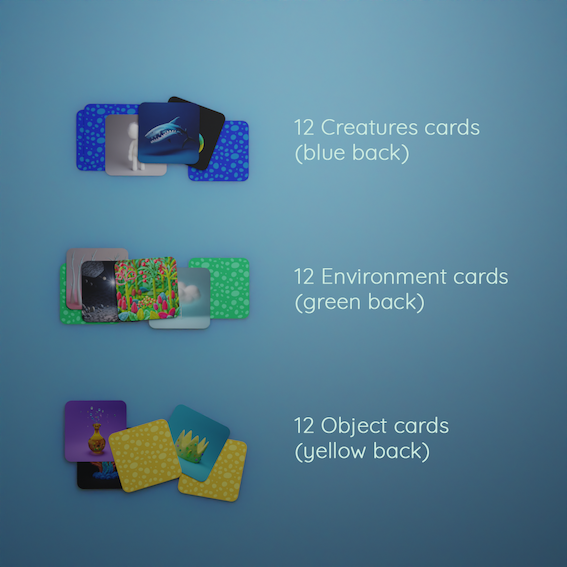
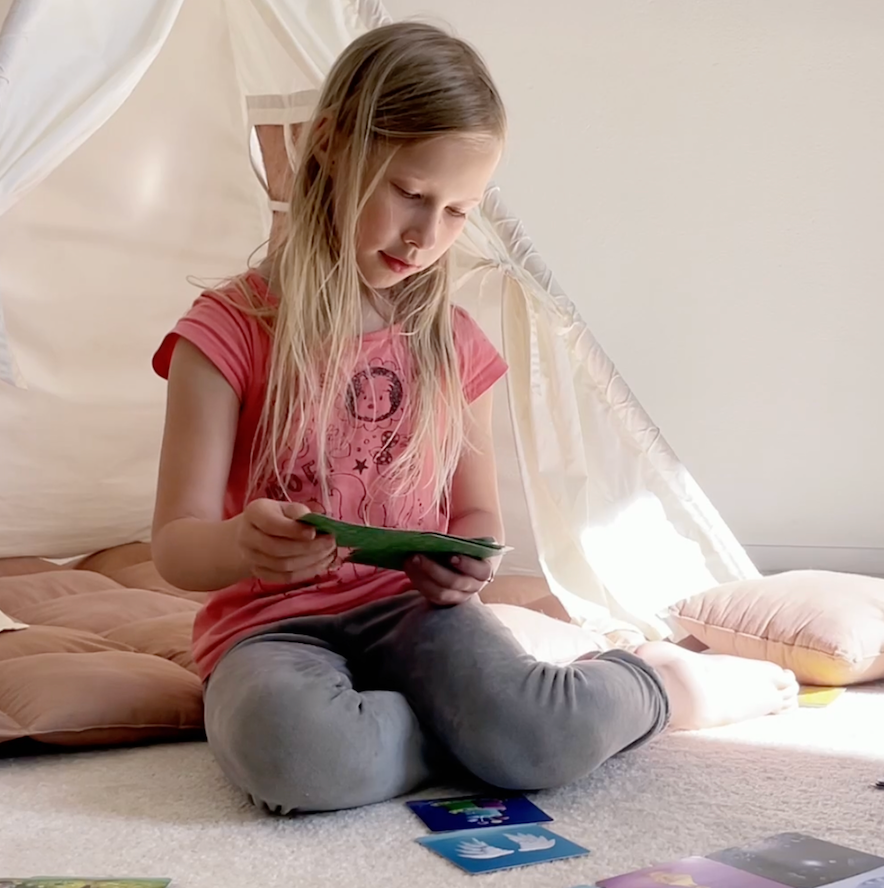
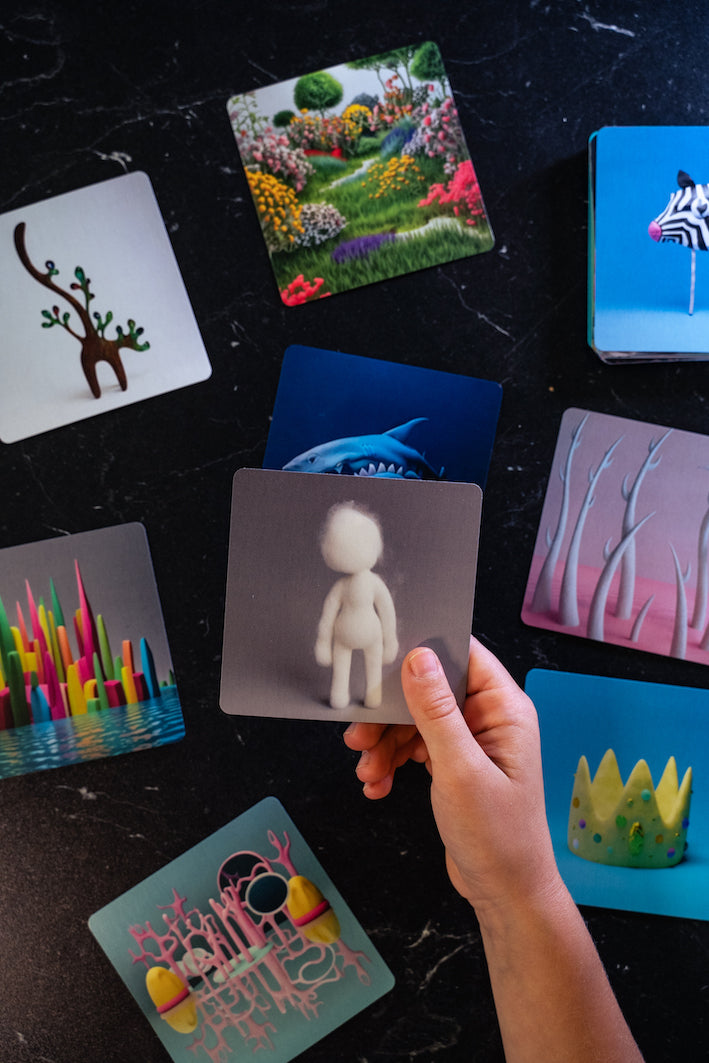
THE REVIEWS
Testimonials
-
A window into my child’s world
"These cards helped me see things from my daughter's point of view. It was amazing to realise how differently she interprets situations."
— Tanya -
Effective
"I use these cards in my practice, and they’ve been a great tool for improving communication and understanding. They help me connect with children emotionally and explain their experiences to parents, making it easier for everyone to understand and support each other."
— Julia, Psychologist
-
Fun
"We followed the instructions at first, but now we let our imaginations run wild! Turning people into creatures and adding magical elements to real-life situations has made us see things from fresh angles."
— Elena
